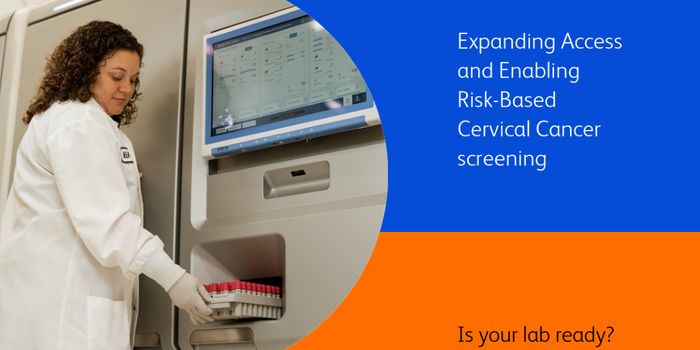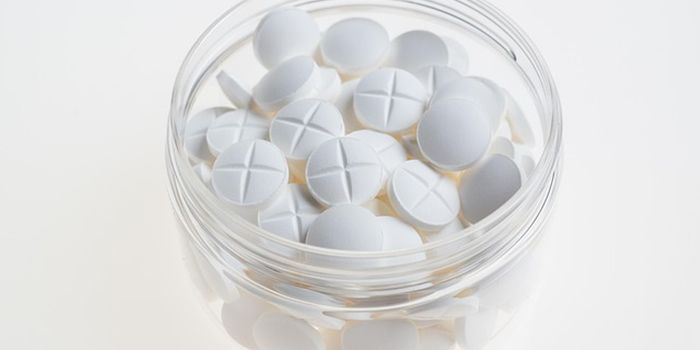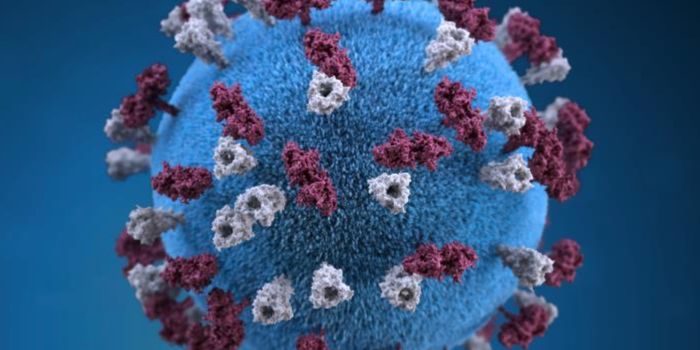Gut Bacteria Slip Into the Pancreas, Cause Cancer
Scientists have connected the dots between bacteria in the digestive system and an increased risk of malignant pancreatic tumors. The results of the study, featured in Gut Microbes, illuminates potential clinical strategies to reduce or even eliminate this risk by simply administering a course of antibiotics.
The pancreas is an organ that lies in the lower abdominal region, and pancreatic cancer, though relatively rare, is often only detected at the advanced stages of the disease. By this time, the tumor has usually spread to other organs, significantly reducing chances of survival.
Cystic lesions are regarded as a precursor of pancreatic cancer. As a result, doctors tend to closely monitor patients diagnosed with lesions such as intraductal papillary mucinous neoplasms, or IPMNs.
Previously, researchers at the Karolinska Institutet were searching for microbial factors linking IPMNs to an increased disposition to pancreatic cancer. As part of this earlier work, they identified a type of bacteria present in the mouth of IPMN patients that may serve as a diagnostic gauge of IPMN lesion severity.
Taking a deeper dive into how the microbiome influences tumor development in the pancreas, the team took cystic fluid samples from a cohort of 29 patients who underwent surgery for pancreatic tumors. Using a series of advanced bacterial cultivation methods and proteomics analyses, the researchers found that these patients had very high levels of two distinct bacterial classes: Gammaproteobacteria and Bacilli.
These bacteria typically reside in the gut and have been shown to play a role in patients becoming resistant to pancreatic cancer drugs.
According to the researchers, the presence of these bacteria in the pancreas spells trouble. “Some bacteria could cause double-stranded DNA breakage which is considered the first step of cellular lesion and cancer,” said Margaret Sällberg Chen, study lead. On a positive note, the team found that antibiotics helped reduce this bacteria-induced DNA damage in the pancreas.
Just how the bacteria end up in the pancreas remains somewhat of a mystery. However, the experts hypothesize that they may slip in when the pancreatic duct is open during the presence of inflammation or injury. The researchers propose that their findings may be translated to a simple diagnostic test in the future, whereby IPMN patients could be screened for these types of bacteria as part of their regular checkups.









